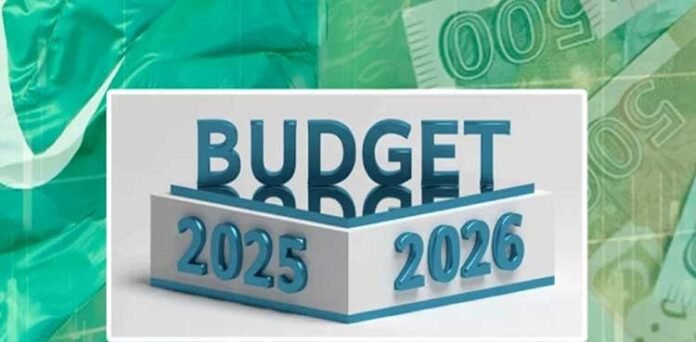Islamabad (TDI): Pakistan’s Federal government is set to unveil a Rs17.6 trillion budget for the fiscal year 2025–26 today, aiming to increase revenue through broad tax reforms while offering financial relief to lower-grade government employees and pensioners.
The Federal Board of Revenue (FBR) has set a record-high tax collection target of Rs14.13 trillion — the highest in the country’s history. The total expected income for the fiscal year is projected at Rs19.4 trillion, highlighting the government’s limited financial space and the need for both additional taxes and selective duty reductions.
In a nutshell, the budget will look something like this:
Relief Measures for Government Employees and Pensioners: In a significant step to support public sector workers, employees from Grades 1 to 16 are likely to receive a 30% salary allowance. Furthermore, an ad hoc relief allowance will be merged into their basic pay. Retired government employees are also expected to benefit, with pensions projected to rise by 5% to 7.5%.
Widening the Tax Net: Freelancers, Digital Creators, Agriculture: In a major policy shift, the government intends to widen the tax net to cover freelancers, international digital content creators, and social media earners a move in line with IMF suggestions. Earnings from online platforms and foreign clients will now be taxable.
The budget is also expected to introduce a long-awaited system for taxing agricultural income a measure often stressed by both the IMF and local economic experts.
Taxation of Essential Goods: The IMF has pushed for the withdrawal of specific tax exemptions, with new taxes proposed on previously untaxed items such as fertilizers, pesticides, and bakery goods. If enforced, this could lead to increased prices of essential products.
Property and Regional Tax Adjustments: Regarding property, the federal excise duty on real estate transactions is likely to be removed, which could promote formal market activity. However, new taxes are under review for the former Federally Administered Tribal Areas (FATA), including a 12% general tax — ending the region’s long-standing exemption.
This budget aims to strike a balance between IMF-led fiscal reforms and domestic economic needs, while also trying to maintain social stability ahead of key economic goals.

Usman Paracha
Usman Paracha is a multimedia journalist and PR strategist. His beats include current affairs, success stories, and societal issues.



